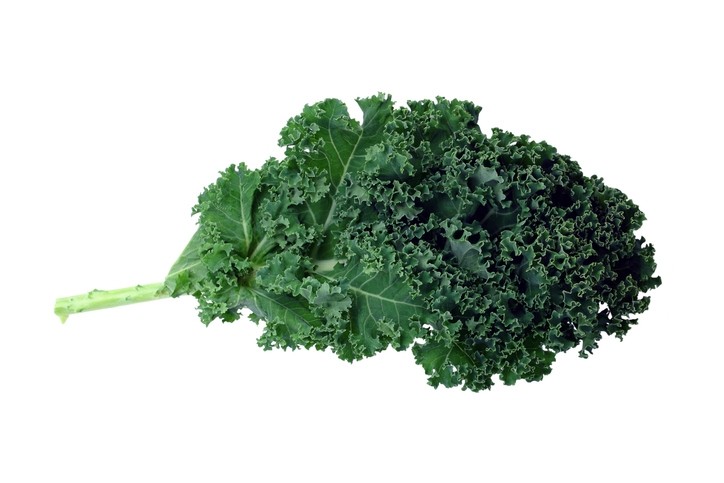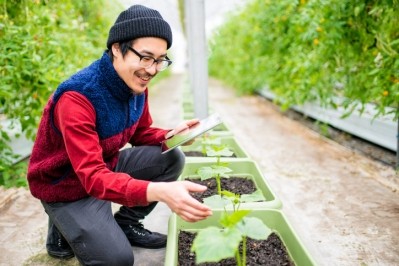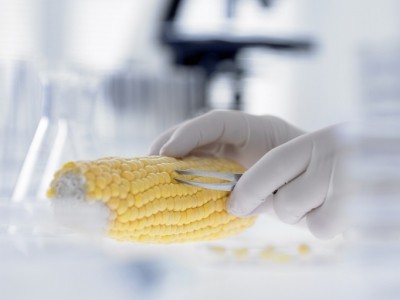World Agri-Tech Innovation Summit Roundup
What can make leafy greens actually taste good? Gene editing can

Tell someone that CRISPR is short for Clustered Regularly Interspaced Short Palindromic Repeats and their eyes may glaze over. But tell them it can help make a bland salad more appetizing, or create a pitless cherry that’s no longer a choke hazard for their child and you will likely have their attention.
This is the proposition of Pairwise, co-founded by ex-Monsanto global biotechnology vice president Dr. Tom Adams, which wanted to realise the exciting possibilities of CRISPR and gene editing in plants. Pairwise was formed in 2017 with a single goal in mind – to lead the way to better health for people and the planet through the power of genome editing, which it envisages being applied broadly across food and agriculture in ways to improve crops both for growers, labourers and consumers.
Backed by industry leading investors Deerfield, Aliment Capital, Leaps by Bayer, and Temasek, Pairwise raised US$90 million in a successful series B funding round in February 2021, bringing total fundraising to US$115 million.
“We think this [CRISPR] is a technology that should be applied to more than just the things we grow for animals, like corn and soybean, but to grow fruits and vegetables and make a difference more broadly,” Adams (who serves as Chief Executive Officer) told AgTechNavigator at the recent World Agri-Tech Innovation Summit.
Scientists are currently exploring the host of potentials benefits offered by CRISPR gene editing: to create more resilient crops in climate-changed world; to eliminate the nutrient deficiency of crops; to provide food security for an ever-increasing population.
In this vein, Pairwise joined forces last year with Bayer on a multi-million dollar project to use Pairwise’s proprietary gene editing platform – called Fulcrum – to create short-stature corn that is 30-40% shorter than traditional corn and less susceptible to wind damage and climate change. Via this collaboration, Pairwise has identified and delivered 27 novel traits to Bayer’s pipeline.
The Durham, NC-based company is also using gene editing to make it easier for consumers to make healthier food choices. Last year, it launched its first product, Conscious Greens, under its own Conscious Foods brand. The product – derived from nutritiously rich mustard greens and part of the same family of vegetables as Brussels sprouts, cauliflower, and kale – was the first food in the US developed with CRISPR technology. It was created by changing the underlying DNA of mustard leaves to preserve their nutrition and vibrant purple hue but remove the off-putting bitter flavour commonly associated with members of the brassica family.
After launching the CRISPR-edited Conscious Greens in select US retail markets and foodservice last year under its own brand, it is now looking for partnership opportunities, by licensing the germplasm, to take the product forward.
Despite the pivot, Adams says the launch of the product has shown that when consumers are presented with a product with tangible benefits – such as taste and convenience, they will accept the technology used to create it.
“One of the reasons we wanted to bring it to market was because we could do it fairly quickly because leafy greens grow fast, and it was a way to show consumers that we're not going to be afraid of the technology," he said. "Before we even launched it we did a bunch of fairs across the US where we gave away salads, telling people it was made with gene editing and telling them the benefits. Almost nobody said they didn't want to eat it because it was gene edited.
“They can see it's not some scary Frankenfood, it's a salad. Over 90% of people who tried it had a high intention to buy the product. We started selling it last year mainly in foodservice and small launch in retail. We're now in the process of partnering that business because we decided that our core competency is developing the products not marketing.”
Can CRISPR bring us the holy grail: a pitless cherry?
These new products in devlopment are aimed at overcoming another barrier preventing consumers from eating the most nutritious and healthy foods: seeds and pits. The company is developing seedless blackberries, which can be produced year-around in more diverse environments, including where it rains in the summer. They will also be thornless, to bring a trio of benefits: growers get more yield; consumers get no seeds; pickers get no thorns to contend with.
The grand plan is to make pitless cherries with CRISPR technology. “The vision is to make them into bushes to that we can grow them in climates where they are not currently grown including climates where they are grown but where they have changing climates,” Adams explained.
“If it rains on a cherry, they split, and you lose the whole crop. So we are working to change the architecture of the plant so that it can be grown much more like a blueberry under a hoop house, which would really broaden the production zone,” he explained.
“We'd like to make all the stone fruit stoneless,” he added. “Mangoes is one that everyone would like us to do. You'd save a lot of emergency room visits,” he joked.
And thanks to the benefits of these CRISPR-derived products being so relatable to consumers, he reiterated, they can avoid any controversy of a kind experienced in the recent past by GM foods.
With this in mind, Pairwise believes it is important that gene edited foods have total transparency.
"The bioengineered labelling law in the US means we don't have to label, but we decided we would. So when we were launching the salad we put a label on the bag that said 'better flavour by CRISPR'. We didn’t want to give any ammunition to negative people. We're not hiding it because we're not ashamed of it. We're proud of it. We’re saying this is what it is, enjoy it.”
















